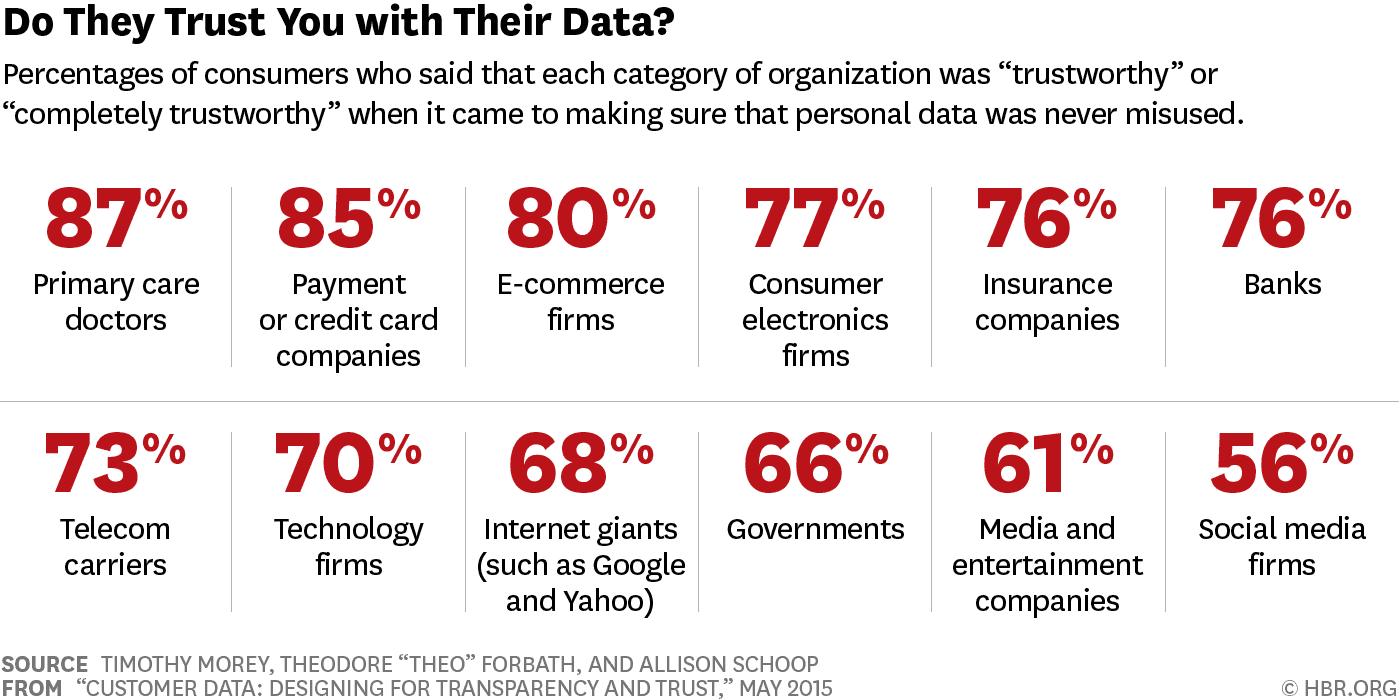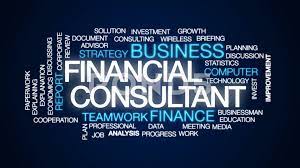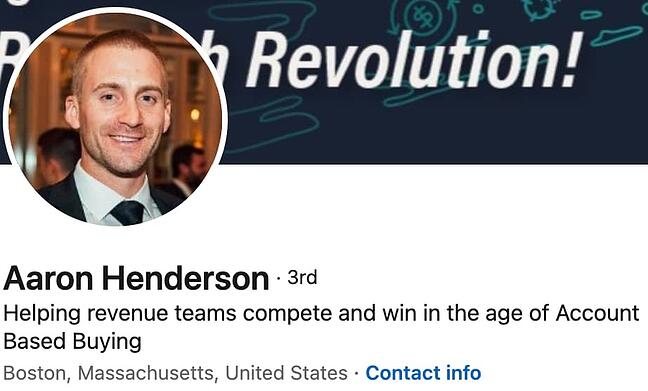
Human resource consulting was born out of management consulting. It focuses on the decisions and tasks involved in human resource management. There are two main roles that a HR consultant might play. One role is to provide HR strategies and analysis. The other role is to support learning and development. These roles are vital for any organization's success. Depending on the company's needs, these consultants may specialize in one or more of these areas.
Human capital consulting
Human capital consulting may be the right career for you if your passion is working with people, and you are looking to make a real difference in the world. Consultants help organizations improve their business operations by creating strategies, programs and performance management systems. The job requires excellent communication skills, a solid understanding of psychology and human behavior, and the ability to think critically and come up with creative solutions.
To give their clients an edge at work, human capital consultants need to stay on top of the latest developments in the field. Businesses are becoming more competitive and global, which means that a flexible workforce is more important than ever. Many companies are searching for new ways in which to increase productivity or efficiency. This may include changing their work models.

HR consulting
Human resources consulting emerged from management consulting. This industry focuses on decisions and tasks related HR. The roles of an HR consultant are usually twofold. The first is strategic planning. The second is operational. These consultants provide guidance on how to manage people, processes, and technology.
Companies can use HR consultants to increase their efficiency and implement new policies and procedures. Companies often bring them in to help with a particular problem. Their tasks can include assessing a company's human resource deficit and creating policy and implementing it. Others include implementing technology and driving organisational change. Although large multinational companies typically employ HR consultancies, smaller and medium-sized companies also use their services.
Analytics in HR
An HR analytics consultancy can help make the most of your data. This type can help you make informed choices and provide insight into employee behavior. It can also help you eliminate habitual biases and ensure that every candidate receives equal opportunity. These insights are made from data and can improve hiring processes, reduce hiring time, and identify trends that affect recruitment outcomes.
HR analytics consultancy is on the rise. This field is seeing rapid growth thanks to AI and automation. It's also becoming more important as industries merge and assets become one. These changes will lead to a shift in the human capital landscape. Additionally, immigration and the challenges associated with aging are increasing in importance.

Learning & development
A Learning & development consultant HR can help you develop your company's talent. L&D professionals work with the business leaders and executive team to identify skill gaps and create effective training programs. L&D programs that work well with your organization's goals, objectives and metrics are the best.
Learning and development consultants usually have a bachelor’s degree in a field related learning and development. Some employers prefer to hire consultants with a master's in learning and development.
FAQ
What can I anticipate from my consultant
After you have selected your consultant, expect to hear from them within a few business days. They will usually ask for information about your company, including its mission, goals, products, services, budget, etc. After that, they will send you a proposal detailing the scope of work, expected time frame, fees and deliverables.
If everything goes as planned, then both parties will agree to a written contractual agreement. The terms of the contract will depend on the type of relationship between the two parties (e.g., employer-employee, employer-independent contractor).
If everything goes as planned, the consultant may begin to work immediately. S/he will have access to your internal documents and resources, and you'll have access to his/her skills and knowledge.
However, don't assume that just because someone is a consultant that s/he knows everything. To become an expert in any field you consult, it takes practice and effort. So, don't expect your consultant to know everything about your business.
What happens when the consultant finishes the job?
After the consultant has completed the work, they will submit a final document detailing the results. This report contains all relevant information, such as project timelines and deliverables.
The report will be reviewed and you can decide if the consultant met all your expectations. If not, you can either request changes or terminate the contract.
What qualifications does a consultant need?
It's not enough just to have an MBA degree; you must also demonstrate experience working as a business consultant. You must have at least two years' experience working in consulting and/or training within a large company.
You must have worked closely with senior management teams on strategy development projects. This means you'd have to be comfortable presenting ideas to clients and getting buy-in.
Additionally, you will need to pass a professional qualification such as the Chartered Management Institute Certified Management Consultant (CMC).
What is the average price you should charge for a consulting job?
It all depends on the service you offer. If you are offering services for free, it is not worth charging anything. However, if you are selling products or services, then you need to set prices based on value.
If you offer low-quality services then you don’t have anything for sale. Why should anyone pay for your services?
You may be able to ask for a higher price if you offer high-quality services. This is because people know the value that you provide. Clients who purchase multiple packages may be eligible for discounts.
How does consulting differ from freelancing?
Freelancers can be self-employed people who provide their services to clients, without the involvement of employees. They typically charge hourly rates based on time spent working on a client's project. Consultants usually work for agencies or companies that employ them. Their salaries are usually paid monthly or annually.
Because they set their own hours and prices, freelancers are often more flexible than consultants. Consultants, however, often have better benefits such as retirement plans, vacation days, and health insurance.
Do I really need legal advice?
Yes! Yes. Consultants can often create contracts with clients, without seeking legal advice. This can lead into problems down-the-road. For example, what happens if the client terminates the agreement before the consultant's completion date? Or, what happens if the consultant doesn't meet the deadlines set forth in the contract?
To avoid any potential problems, it is best to consult a lawyer.
What is the difference between a consultant and an advisor?
An advisor is someone who provides information about a subject. A consultant offers solutions to problems.
A consultant works directly alongside clients to help them realize their goals. The advisor provides indirect advice through books, magazines lectures, seminars, and the like.
Statistics
- According to IBISWorld, revenues in the consulting industry will exceed $261 billion in 2020. (nerdwallet.com)
- Over 62% of consultants were dissatisfied with their former jobs before starting their consulting business. (consultingsuccess.com)
- According to statistics from the ONS, the UK has around 300,000 consultants, of which around 63,000 professionals work as management consultants. (consultancy.uk)
- 67% of consultants start their consulting businesses after quitting their jobs, while 33% start while they're still at their jobs. (consultingsuccess.com)
- "From there, I told them my rates were going up 25%, this is the new hourly rate, and every single one of them said 'done, fine.' (nerdwallet.com)
External Links
How To
How do you find the best consultant?
The first thing to do when looking for a new consultant is to ask yourself what you want from him/her. Before you begin searching for a consultant to help you, you should be clear on your expectations. Before you start looking for a consultant, make a list. This might include skills such as project management, professional expertise, communication, availability, and technical skills. Once you've listed out these requirements, then you may want to consider asking some friends or colleagues who they would recommend. Ask them if they had any bad experiences with consultants previously and see how their recommendations compare with yours. Try searching online for recommendations if you don’t have any. There are many websites that allow users to leave feedback about their previous work experiences, such as LinkedIn and Facebook, Angie's List or Indeed. Look at the ratings and comments left by others and use this data as a starting point for finding potential candidates. Once you have a shortlist, be sure to contact potential candidates directly to schedule an interview. At the interview, it is important to discuss your requirements and get their feedback on how they can help. It doesn't matter if they were recommended to your company; all that matters is that they are able to understand your business goals and show how they can help.